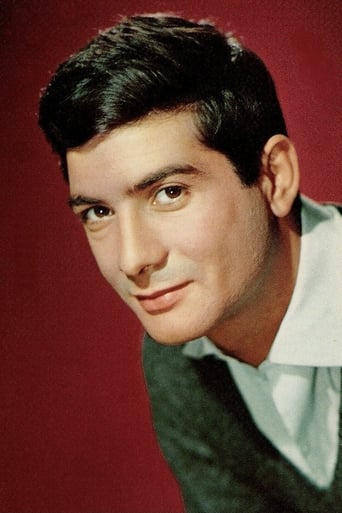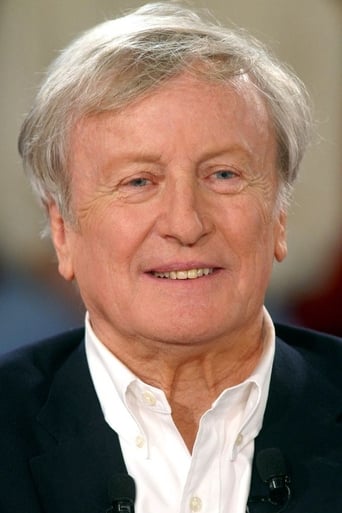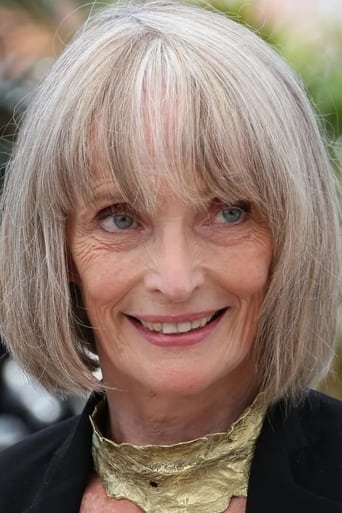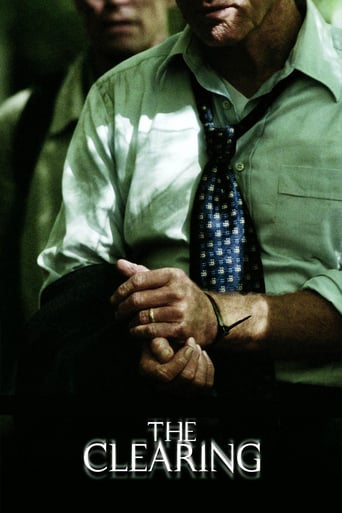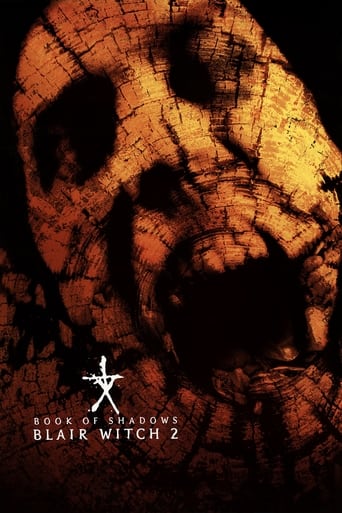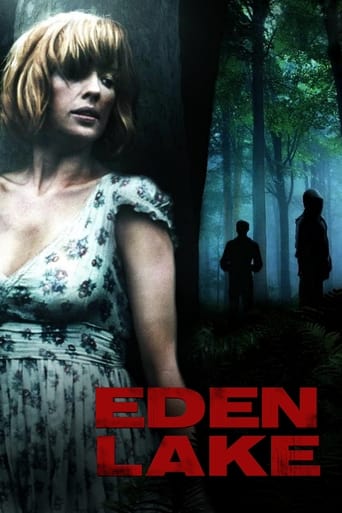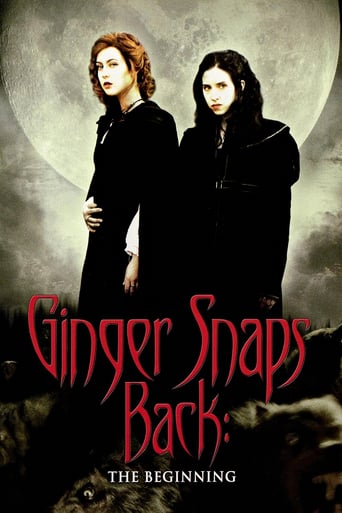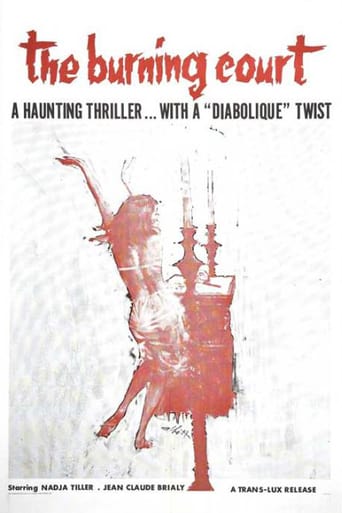
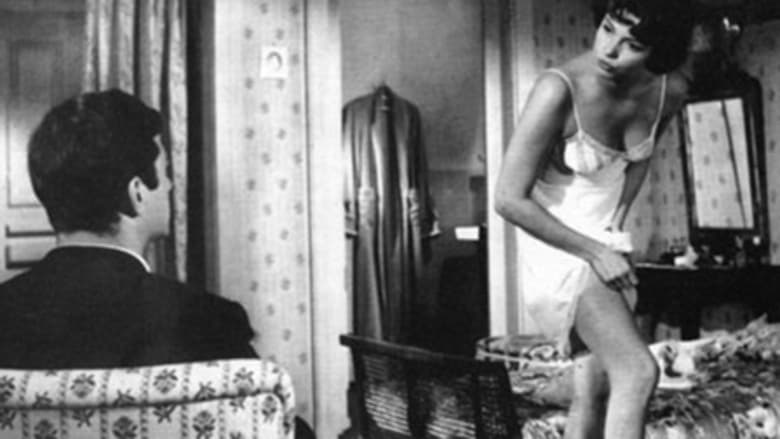
The Burning Court (1963)
A group of people visit a weird old man who is a student of the black arts. The man lives in an ancient, cursed castle. Soon people in the group start being killed off.
Watch Trailer
Cast
Similar titles
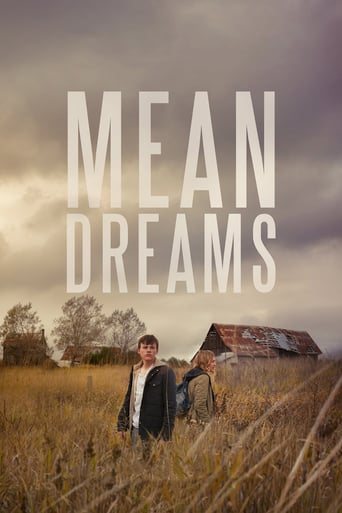
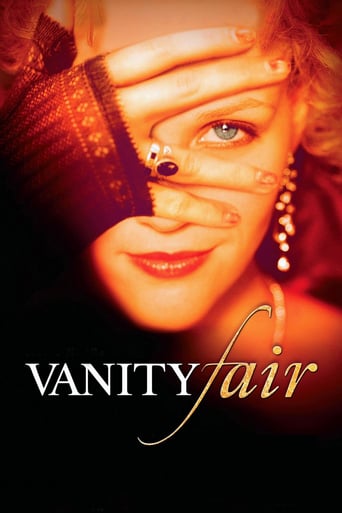
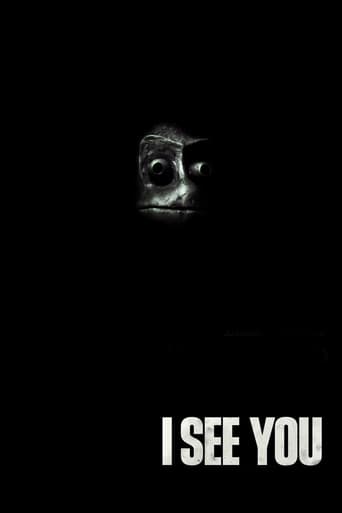
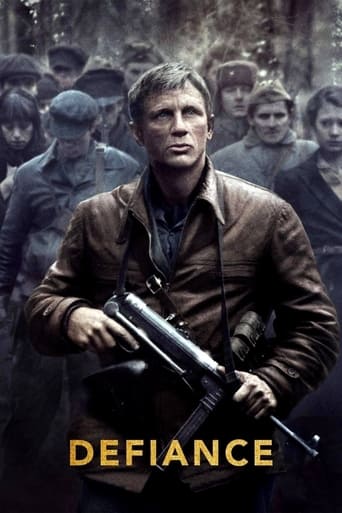
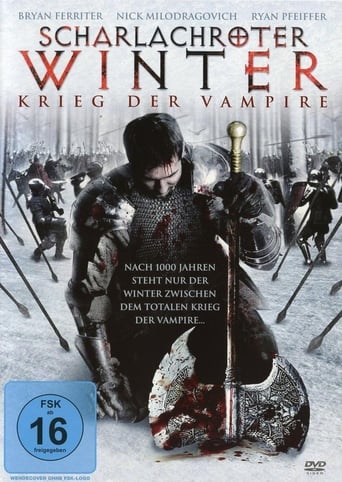
Reviews
I wanted to but couldn't!
Highly Overrated But Still Good
A lot of perfectly good film show their cards early, establish a unique premise and let the audience explore a topic at a leisurely pace, without much in terms of surprise. this film is not one of those films.
It's the kind of movie you'll want to see a second time with someone who hasn't seen it yet, to remember what it was like to watch it for the first time.
In retrospect we can speculate that Duvivier, a giant, reacted in a similar manner to Gulliver when the pygmies - in this case the spoiled brats responsible for the New Wavelet - attempted to subdue him. He had begun the sixties, which would turn out to be his last decade, by taking one of Truffaut's non-acting favorites and actually getting a performance out of him in 'Boulevard' and this time around he again used a couple of 'modern' actors in Scoob and Leaud. With Charles Spaak, a well-tried collaborator, he fashioned a hybrid of Mystery and Supernatural from a 'classic' John Dickson Carr novel and one which no admirer of Duvivier should miss. Clearly the 'problems' surrounding Black Jack had been left behind and here we get tantalizing glimpses of the old Master albeit paying for it via the abrupt ending. It's not first-rate Duvivier but even his second-rate leaves the New Wavistas dead in the water.
Another "victim" of the French Nouvelle Vague - a distinguished film director who found himself unceremoniously falling out of fashion within critical circles - was undoubtedly Julien Duvivier. Admittedly, his best work was behind him by then in such classic films like PEPE LE MOKO' (1937), UN CARNET DE BAL (1937; one of Michael Caine's favorite films!) and PANIQUE (1947; a rumored upcoming Criterion DVD release) but, if this obscure but richly rewarding suspenser is any indication, his cinematic and narrative skills did not desert him with age.Apparently, the original source novel by John Dickson Carr is a celebrated (and much more sophisticated) literary piece but even if this film adaptation (by renowned screenwriter Charles Spaak) constitutes an oversimplification, one cannot deny the fact that it is highly polished entertainment nevertheless. The plot ingeniously combines two prolific subgenres in the horror film lexicon, "the old dark house" and "the witch's curse", dealing as it does with an 18th Century witch being deceived by her lover - a policeman dressed as a monk! - thereby unleashing a vengeful curse on his ancestors which decrees that every subsequent head of the family dies a violent death. This event is not depicted in the film but merely referred to throughout and we immediately jump into the present with a female ancestor of the witch - played by the beautiful Edith Scob from Georges Franju's EYES WITHOUT A FACE (1959), here with her hair bleached blonde - being invited with her novelist husband to a château in the country which, as it happens, is owned by the ancestors of the witch's duplicitous lover. The latter are a despicable bunch of amoral opportunists with the two young heirs greedily awaiting the demise of their cantankerous 75-year old uncle which could occur at any moment. One night, every member of the household (including his nurse) desert the old man for their own egotistical purposes and Scob and her husband volunteer to stay home and watch over him themselves... Apart from the illustrious trio in the behind-the-camera personnel (Duvivier, Spaak and music composer Georges Auric), the film boasts atmospheric lighting by Roger Fellous and a cast of willing performers: the afore-mentioned Scob, Jean-Claude Brialy (as the more level-headed of the two heirs), Claude Rich (as his worthless playboy brother), Nadja Tiller (as the lovely nurse who, ultimately, is not as loyal as she makes out to be), etc. There are elements of the supernatural (when the murderer is seen passing through the walls of a closed room by the housekeeper or when the body vanishes from the interred coffin and reappears sitting in a chair in the family chapel) and black comedy (when the mourners at the funeral waltz around the still open coffin at the deceased's own request) involved which only add to the fun. It would be a mistake to reveal more of the twists and turns the plot takes in the second half of the film - which also introduces the character of a no-nonsense police inspector - but I'll say only that it all ends rather too abruptly perhaps (immediately after the ironic final revelation) leaving the fate of some of the major characters pretty much unresolved.
The sixties were a very hard time for Julien Duvivier.He was despised,tried for academism by the burning court of the nouvelle vague. He did not realize that he was much more than them,and thus,he tried some new tricks,some coming from the "modern" artists:the baroque castle might evoke that of "l'année dernière à Marienbad",and he hired two young actors ,one Chabrol's favorite,Jean-Claude Brialy,the other George Franju's darling,Edith Scob,and he tried to imitate Godard's "driving scenes" in "à bout de soufflé".What's bred in the bone comes out in the flesh.Like Marcel Carné before him("les tricheurs"),Duvivier could not do "nouvelle vague" stuff,and anyway he's better at so many other things ,so why bother?John Dickson Carr,whose novels are extremely complicated, provided him with a very strong screenplay:the starting point is the authentic poisons affair,during the Sun King's reign;the marquise de Brinvilliers was one of the main convicts and she died on the scaffold,betrayed by a cop dressed up as a monk.In Brialy's and Claude Rich's uncle's desirable property,come an historian and his wife who is (believe it or not) a Brinvilliers's descendant.That's not all: the uncle is himself the cop Desgrez's descendant.And there's a curse,à la "hound of Baskerville" ,which has stroke every Desgrez since the marquise died. The uncle is a wealthy and ill old man whose death would be the welcome for his two nephews.It won't be long till it happens.Duvivier managed to sustain suspense throughout the whole movie,with excellent scenes :the bal,with the mourners waltzing to Strauss musicaround the coffin wide open;the foggy ,misty atmosphere of the park;the strange woman who seems to walk through a wall.But he did not succeed in linking the rational and the supernatural together.Edith Scob's character has no connection with the rest of the plot,and Dickson Carr's ending which allowed some doubt ,is turned to a complete "normal solution,in spite of the last words of the captain .Those were hard times for Duvivier.Actor Alain Delon told he was suffering from not getting the esteem he deserved anymore.It was the final straight :three more movies and he was to pass away five years later.Since he's been restored to favor,quite rightly so.NB:Desgrez ,a historic figure ,was also featured in the "Angelique Marquise Des Anges" saga ,with a dog called Sorbonne.
"The Burning Court" may be the most fascinating detective story ever written.After reading it,W.B. Yeats called Carr,the James Joyce of mystery writers.(Remember Yeats had very ambiguous feelings about Joyce's art.) Understandably, Carr never tried to repeat his structural technique a second time. He had done something which once done could not be repeated and ,furthermore ,did not readily lend itself to adaptation in any other media form. The book opens with a quotation from Shakespeare,"There was a young man who lived by a churchyard;but that's an unfinished story," and accordingly ends in mid-sentence,most of three hundred pages later.In some editions the last words{"Defense attorneys already claiming newly discovered evidence...")are deliberately run into the end of the page.Carr intentionally conned his readers into believing the last page was deleted.Long,long afterwards,comes the sudden flash ,and the belated certainty. that we ,like the ever more frenzied characters, have been utterly deceived.Carr sets his diabolical puzzle within an extremely formal five part structure."Indictment","Prosecution","Defense","Summing-Up" and "Verdict".Each of the first four sections builds to a logical climax at the end of which all the expectations which the author have previously built up(four times in turn!) are once again successively destroyed. The author's primary ploy is that we are never to be quite certain whether he is telling us a detective story masquerading as a horror story or a horror story masquerading as a problem in logic.In the latter case,we have no right to expect a rational solution and the identity of the reincarnated witch becomes increasingly obvious. However,every alleged supernatural event and every supposed pre-natal memory,is,at some subsequent point or other,given a perfectly rational and satisfying explanation...except that these belated witnesses (in their turn) may be,likewise, either inaccurate or mendacious.By the way,Carr always insisted that he had very subtly inserted the solution to all this in one phrase casually inserted between a pair of commas but apparently went to his grave without informing posterity between which two commas the true answer could be found.The question of what compelled Duvivier, an often splendid director,(and in many other instances a still shamefully underrated artist)to film this work is another mystery which was, mercifully,carried to his grave.He began by scrapping the structure(a little like taking a stream of consciousness novel and shooting it in chronological sequence)and moving the locale from jazz age Philadelphia to country France!And it goes down from there. Whatever the correct solution to Carr's riddle,we can be sure that this isn't it. There has been nothing this bad in cinema literary massacre since another great master of mystery,Alfred Hitchcock,decided to improve O'Casey's "Juno and the Paycock".To make matters worse,at approximately the same time that Duvivier launched his ill-starred version,a husband and wife team succeeded,despite the formidable structural difficulties,in winning the Emmy with their adaptation of the same work.Unfortunately it does not appear in the IMDb and has, apparently, never been re-shown.If it survives,it must be worth a close look.
